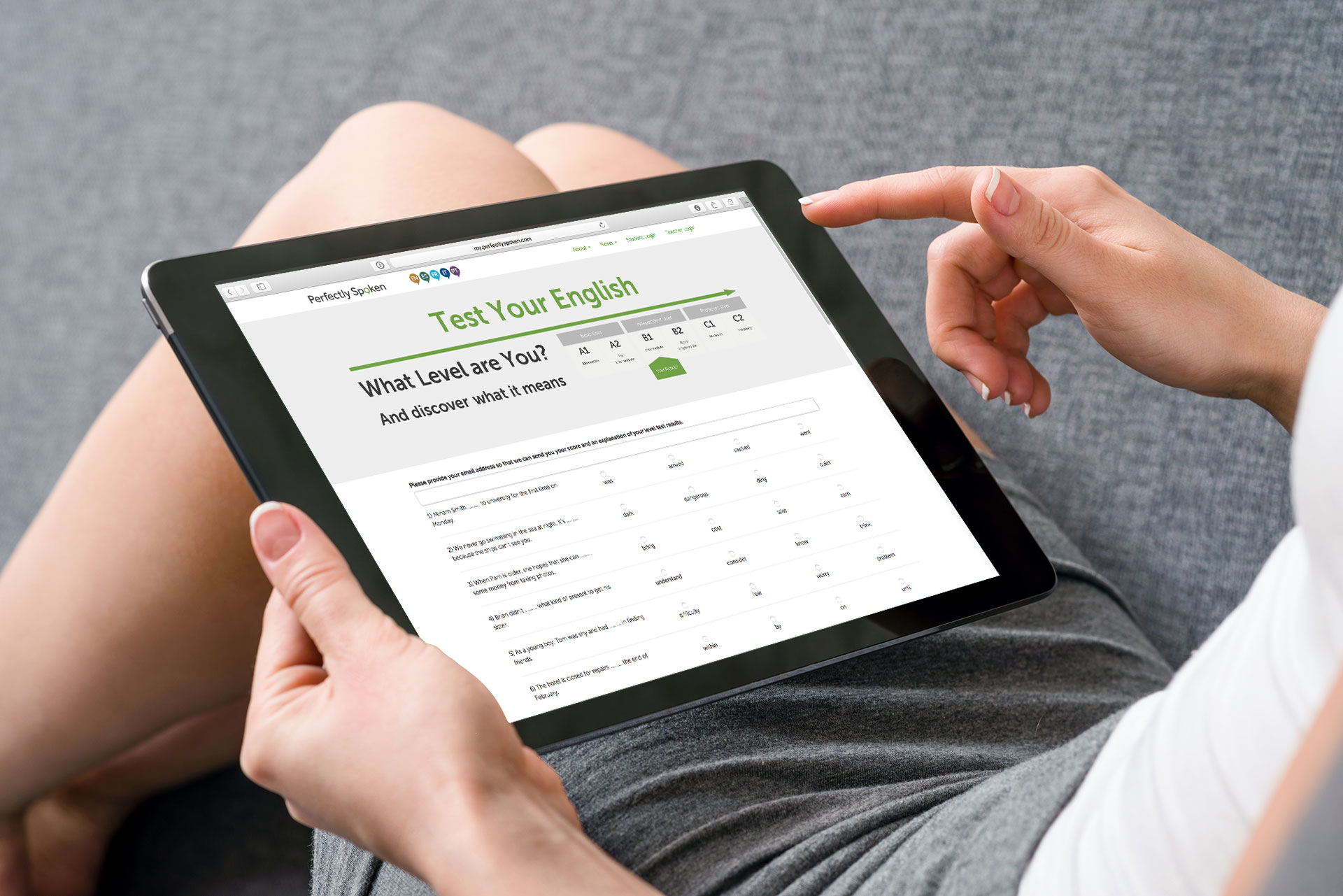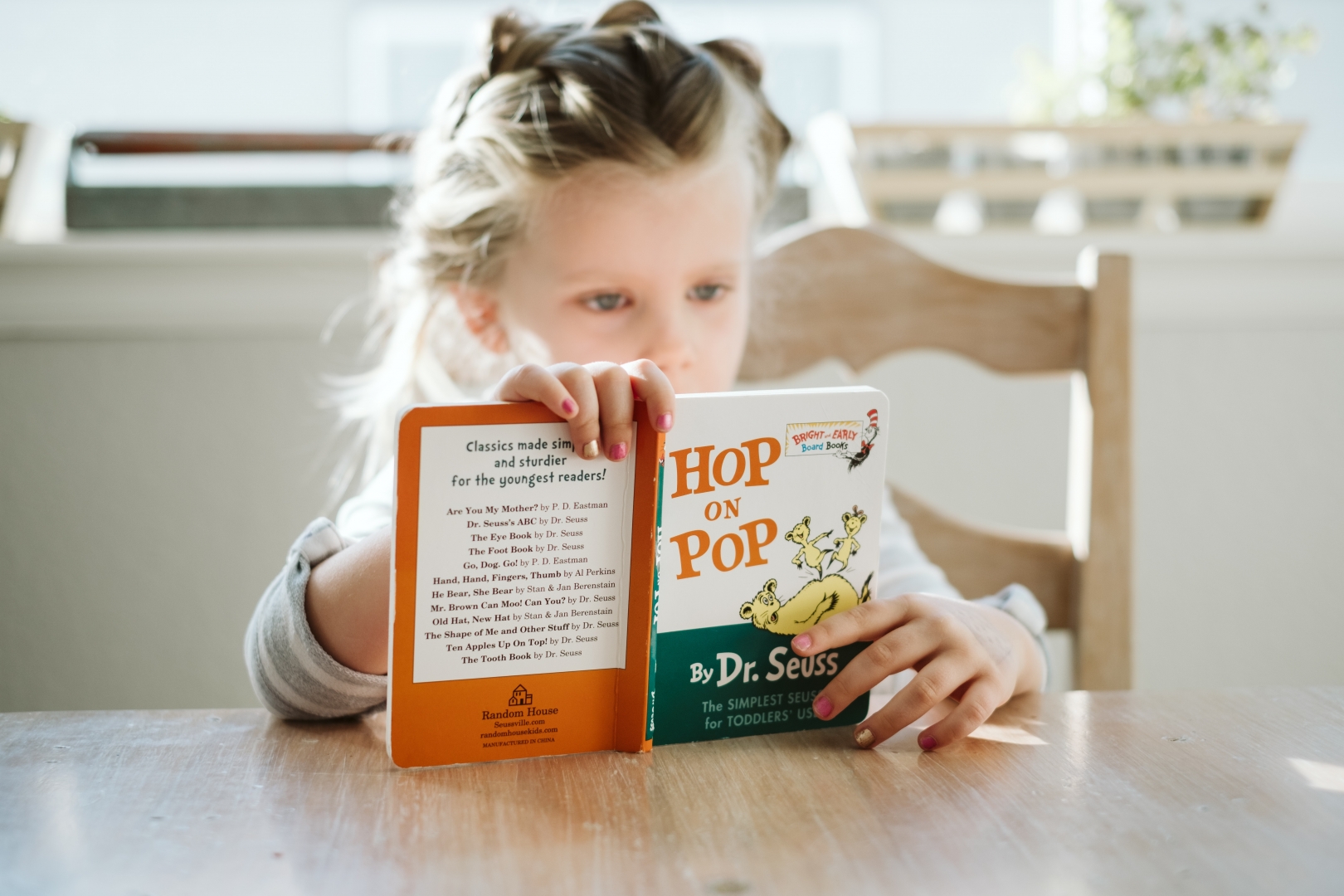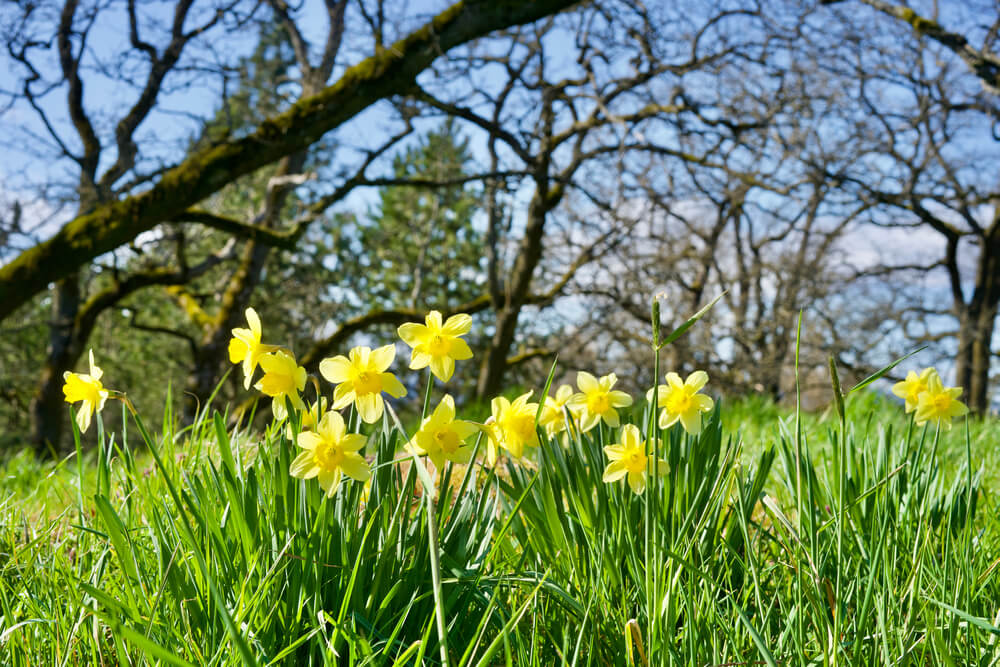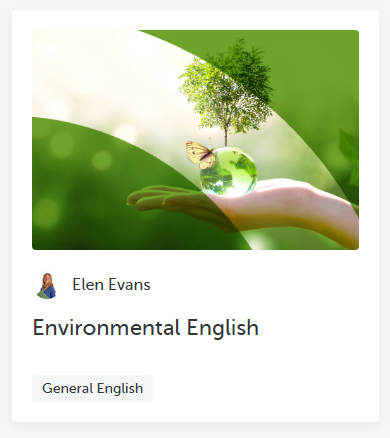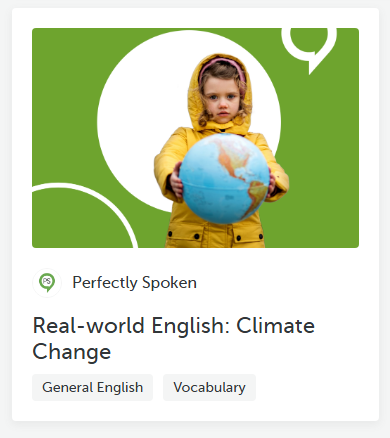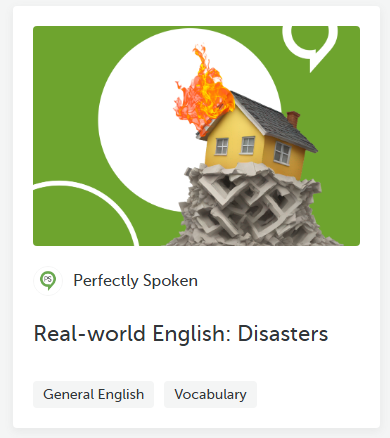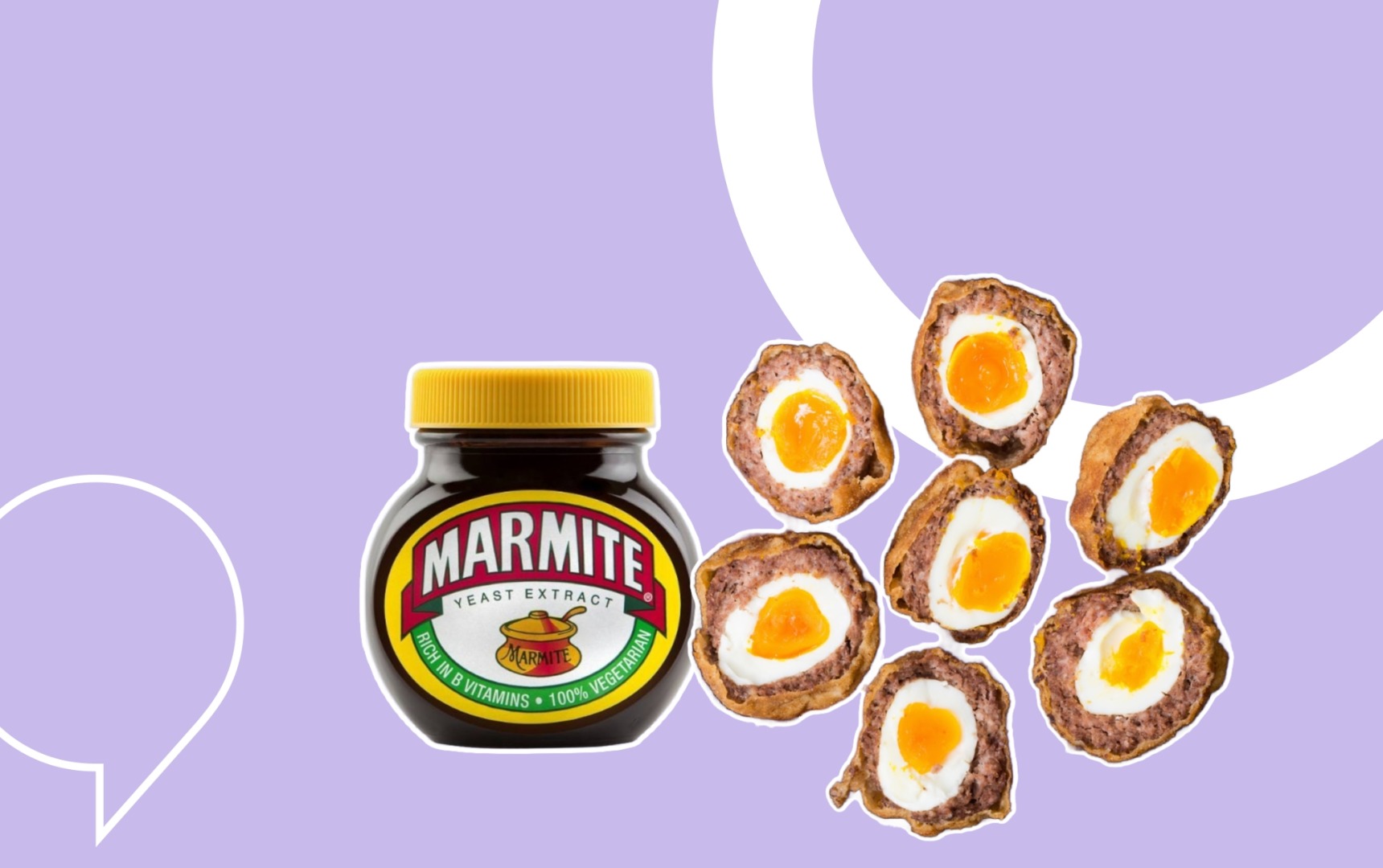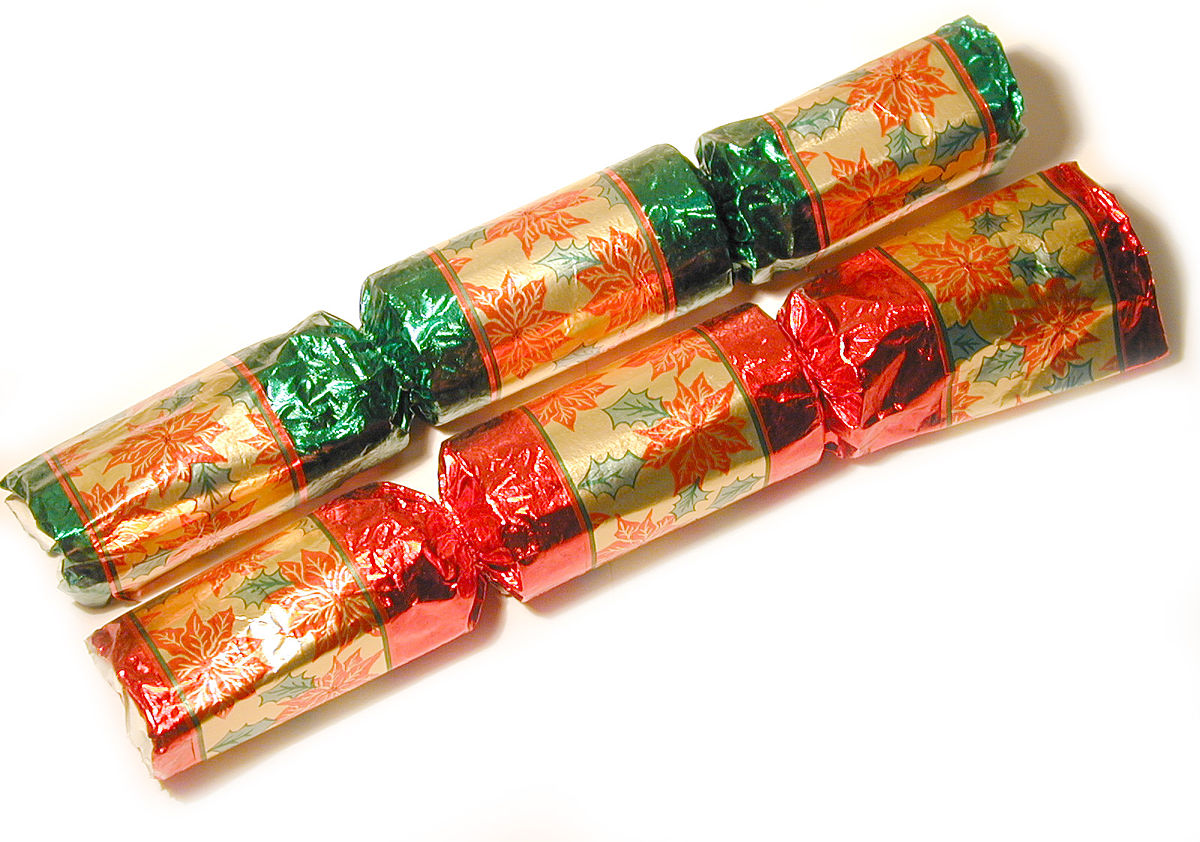With predictions of growth to a total spend of $250bn by 2020, EdTech is clearly a global phenomenon and has growing implications for the future of English Language Teaching
(ELT)
But what is E-Learning and Ed Tech?
EdTech stands for Educational Technology. Sometimes referred to as EduTech or e-learning. In general terms, it covers any form of teaching or learning that embraces technology
At its heart, the aim of EdTech is to improve the student’s learning experience by making the learning processes more efficient and/or effective. And by integrating technology into education a much more diverse learning environment can be created. This may also result in quite fundamental changes in approaches to pedagogy.
The Advantages of E-Learning
Apart from learning a subject through technology and potentially improving a student’s tech skills at the same time, it is argued that EdTech allows for more individualised learning as students work at their own pace
Potentially, it also ‘democratises’ education by allowing more students, more access to more educational content, and potentially from almost anywhere. This can then also result in benefits of time, cost and convenience.
Studies also show that there is an increasing acceptance of online educational qualifications in the workplace even if in reality this is still relatively low in comparison to more traditional qualifications, especially when those qualifications may be potentially career changing.
In addition, research shows that educational apps generally have a positive impact on learning and interestingly apps that encourage feedback and collaboration can help improve group work and it is argued that in fact, a blended approach can result in students learning more than with traditional approaches and in less time.
In the world of ELT It is perhaps no surprise then that language learning apps like Babbel, Busuu and especially Duolingo with its almost addictive elements of gamification have become so popular
The Disadvantages of E-Learning
One of the major drawbacks can be unrealistic expectations in terms of what the service can actually deliver and how dramatic those changes and improvements will actually prove to be to the learner. Perhaps this is why there are calls for more of the focus of the results to be centred on the learner’s interaction with the technology … not the technology itself. Technology is wonderful, it is a facilitator by which content, and in this case, educational content can be delivered to a learner. But in the end, it is the content that is inseparable from the learning outcome
Then there are ‘sociocultural’ questions around the impact on students of working individually rather than socially or collaboratively and being more easily distracted. While students and teachers alike appreciate the convenience of Edtech many prefer and benefit from greater engagement in face to face learning environments
E-Learning and Cheating
And of course, there is the potential for taking shortcuts or even cheating. This can happen in terms of the learning process itself (fast forward to the next task, this one is boring) However the equivalent can happen in any learning process and it’s really the learner who is cheating himself.
Testing and Accreditation
More significantly is the important question of testing and assessing accurately; the results of which can be career-defining for the learner and so critical to the reputation of the awarding body. Online providers can currently provide self-certification (like with continuing professional development programmes where the user attests to have completed a course of studies) and technologies are being developed to ensure that a candidate is actually who she claims to be. For the moment at least, in the context of English Language learning, Cambridge Assessment English, the providers of the world’s leading range of qualifications and tests for learners of English (including the prestigious IELTS and Cambridge exams) insist that these exams can be prepared for online, but must be taken offline.
The Future
Despite the drawbacks, it’s clear that Edtech is here to stay: technology is disrupting industries everywhere and clear the education sector in general and ELT in particular, are no exceptions.

